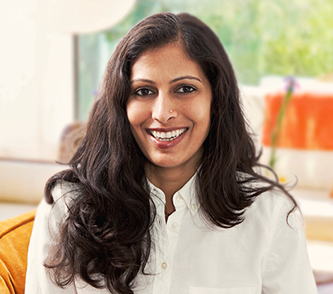This is one of the most common questions I get asked as a therapist. Often, I see people say yes when they shouldn’t. To be honest, I sometimes do it too. We struggle to have the right word come out of our mouths, even though inside our heads we know what we should say.
Why we say yes.
Social conditioning plays a very important role in this. As young girls, many of us were encouraged to be accommodating to others or, in other words, be like “sugar and spice and everything nice”. Part of being accommodating is having to say yes when someone asks you to do something. We are taught not to hurt others, not to let people down.
As we become adult women, saying yes becomes second nature to us. It becomes part of our identity/our job. Within our roles as nurturers and caregivers, we receive many requests from the individuals we care for and we continue to say yes to them due to the fact that we believe it is part of our job to do so.
We start connecting our self worth to how well we nurture and care for others. How well do we meet their needs? How often can we say yes? Each time we do, it’s a plus for your value. When we can’t say yes, we believe we let our loved ones down and become less valuable.
Here is why we need to say no:
- When we say yes to everything, everything we do is not as impactful. It’s not as significant. We become a jack-of-all-trades to all people. While we think saying yes increases our value, it ends up doing the exact opposite.
- We don’t clearly define our identities. We become morphing creatures that accommodate others. Our identities rely on how others need us.
- We have a lack of boundaries and people can take advantage of our generosity or take it for granted. This could harm relationships, as it breeds loss of respect and resentment.
So, how do we start saying no if it’s not in our nature? It’s helpful to first create a foundation of our values and purpose so we can easily navigate which requests to say yes or no to.
1) Understand your purpose. Purpose doesn’t have to be one major thing you do in your life. It is meant to be how you belong in this world. It’s the little things that you do for the people around you, so they can do little things for the people around them. Once you understand what your skills/gifts are and what you enjoy doing, you can better navigate how you can serve your family, community, and society better.
2) Clearly define your priorities. After you have clarified how best you contribute, then you can make rational, conscious decisions on when to say yes and when to say no. If it helps, have a little set of questions (Am I good at this? Do I like doing this? Is this the best use of my time/resources?) to ask yourself in your head. If you pass the test you can say yes. If you don’t, well, you know what you should do.
3) Learn the difference between nice and kind. This is a tricky concept to navigate. Think of it this way: if doing something for someone makes you and them feel a little uncomfortable, but it is best for you and them, that’s being kind. If you take the easy route, that’s nice. For example, spinach on one’s teeth. Being nice is not bringing it up and judging them for it. Being kind is telling them so you can prevent further embarrassment.
Saying no doesn’t always mean that you are harming the person you are declining. It is important to be able to see the greater picture and the implications of our yes’s, so we know how to effectively say no. In the end, it builds a stronger, more effective sense of self, as well as stronger relationships.


